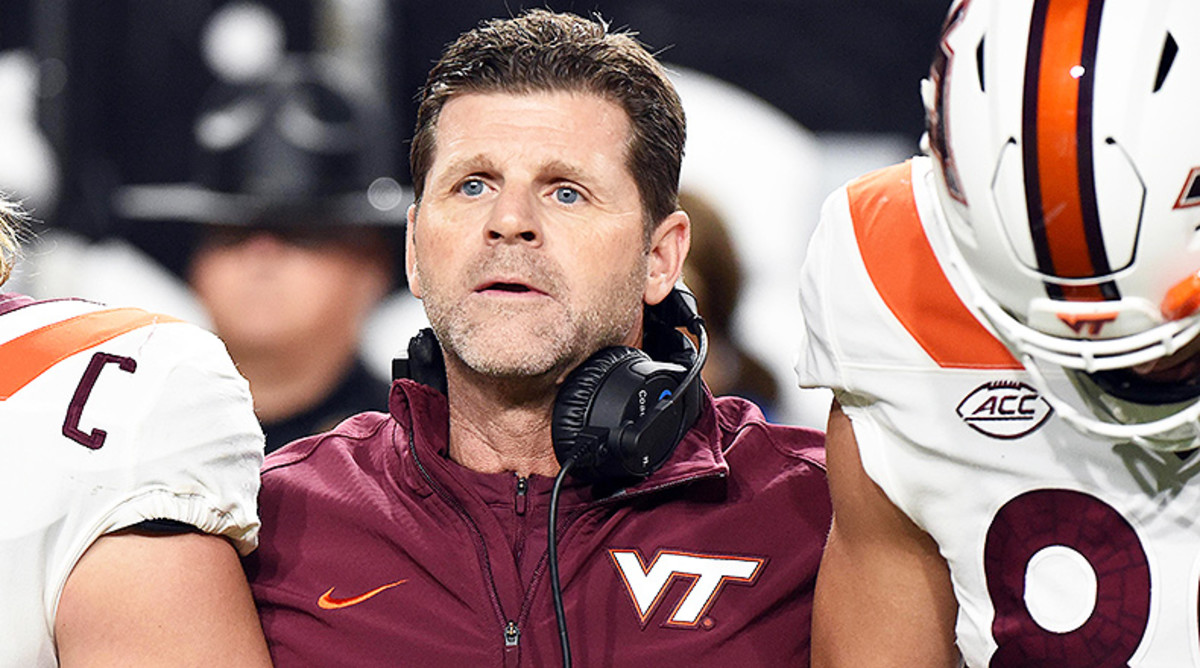A senior official from Virginia Tech’s athletic department recently spoke with local reporters about the state of the school’s sports programs, addressing topics like NIL (Name, Image, and Likeness) and its impact. His comments received a largely negative reaction online and within fan communities. During the discussion, he acknowledged the challenges facing Virginia Tech, particularly the men’s basketball team’s struggles in securing financial support in the evolving NIL landscape.

Adding to the frustration, a former Hokie guard was making headlines with Ole Miss, helping lead the team to the Sweet 16. After spending three seasons at Virginia Tech, he left following the 2023-24 season in search of better financial opportunities through NIL.
For weeks, there have been reports that Virginia Tech plans to become more competitive in the NIL space, and the athletic department confirmed that changes are coming. While no specific financial figures were provided, the expectation is that the program will be in a stronger position to build a more competitive roster next season. However, the challenge remains that other programs are also increasing their NIL investments, making the competition even tougher.
This week, the head coach directly addressed Virginia Tech fans and alumni, calling for their support. He expressed disappointment with last season’s results but reaffirmed his commitment to improving the program. Following the team’s exit from the ACC Tournament, he had voiced frustration over the need for growth, a sentiment he echoed in his recent message to supporters.
While the coach’s outreach is commendable, this kind of direct engagement should become standard practice for all Virginia Tech coaches given the current state of college athletics. These days, a college basketball or football coach is expected to act as much as a recruiter and fundraiser as they are a coach. With NIL reshaping the landscape and few regulations in place, coaches must constantly work to retain players each offseason, a reality that can be frustrating for those who prefer a more traditional player development approach.
Leave a Reply